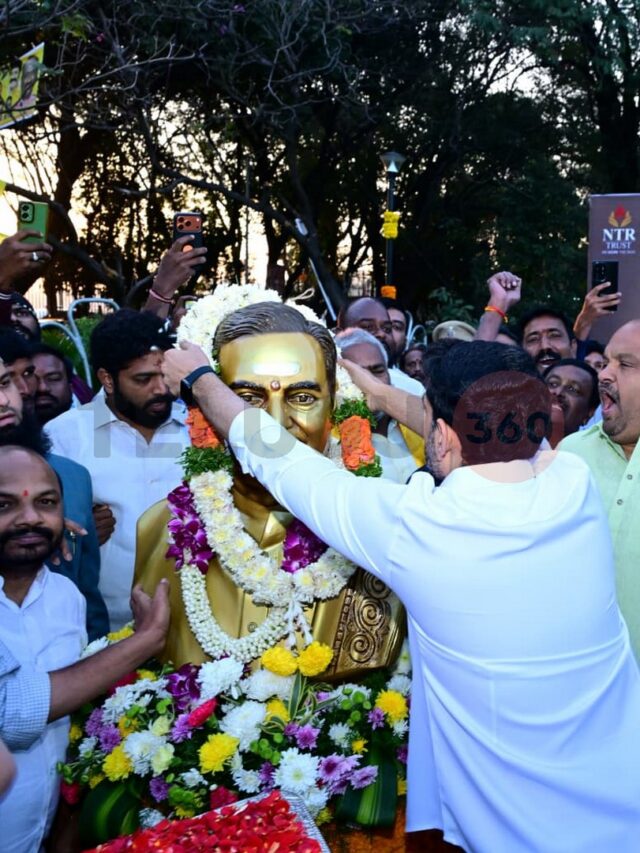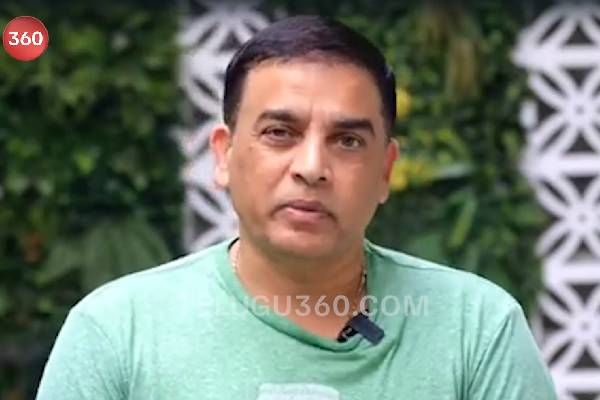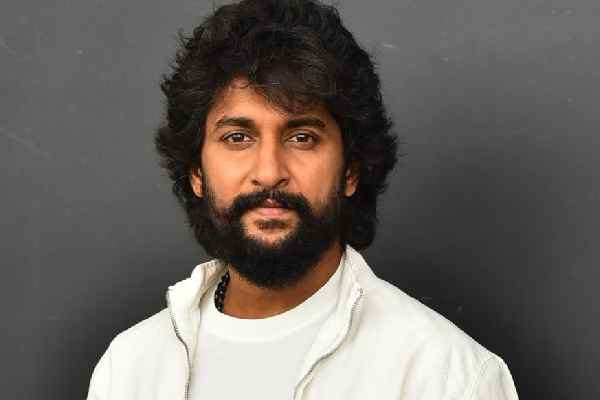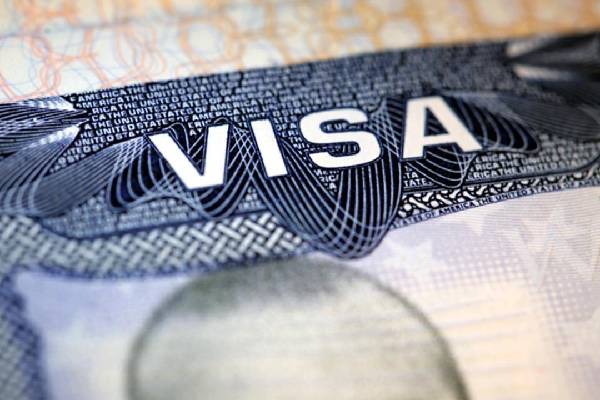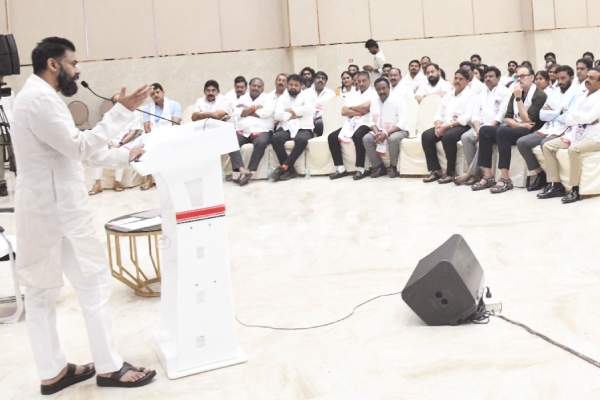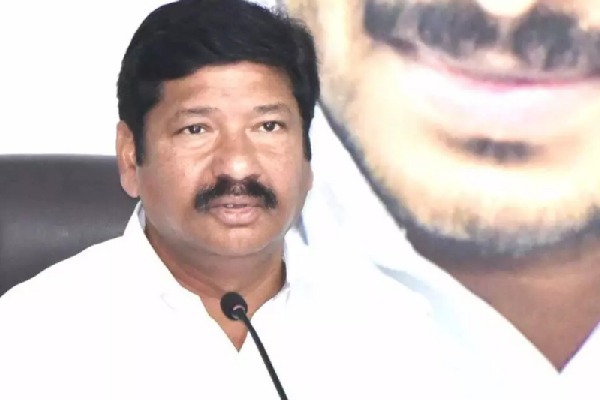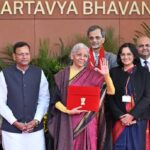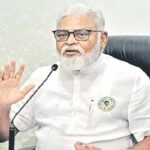The H-1B visa program has long been a gateway for skilled professionals, especially from India, to work in the United States. However, increasing criticism from American workers about job competition is now extending to related programs like F1-OPT, CPT, and H4-EAD, which allow international students and spouses of H-1B holders to work legally in the US.
From an Indian perspective, these programs have been vital. Many students come to the US on F1 visas with dreams of gaining experience through OPT and CPT, which allow temporary work in their field of study. Spouses on H4-EAD can also contribute by working, often supporting their families financially. But this growing reliance on these programs is stirring resentment among American workers who feel their job opportunities are shrinking.
Social media is buzzing with calls to stop or reform these programs. Critics argue the system is being misused. They claim some students cycle through degrees just to extend their work authorization, creating what they call an “OPT/CPT treadmill.” Some suggest adding salary requirements or stricter rules to prevent misuse. There is even talk of ending these programs altogether.
Yet, this issue is complex. Many Indian workers and students bring valuable skills and contribute to the economy. Cutting off these pathways without clear alternatives could harm the very talent pipeline that fuels innovation.
The debate raises a tough question: How can the US protect its workforce while still welcoming global talent? For Indians, who see the US as a land of opportunity, reforms must be fair, balanced, and clear—ensuring that the dream of working and thriving abroad does not fade away.









